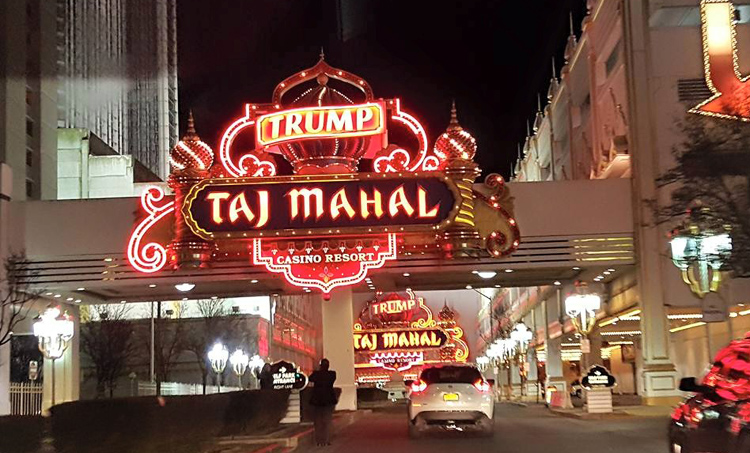If the U.S. Supreme Court is asked by a union to review a case over pension and health benefits rescinded from casino workers, plans for the Trump Taj Mahal to rise from the depths of bankruptcy under new ownership by this summer could be sidetracked.
Unless UNITE HERE Local 54 loses the case definitively, Taj Mahal’s lenders say they won’t take over the property. The facility’s lenders consist of companies controlled by business magnate and investor Carl Icahn.
On January 17, a federal appeals court ruled in favor of the parent company of the casino, Trump Entertainment Resorts, stating the casino was within its legal right to end employee pension and health benefits. The casino workers union, UNITE HERE Local 54, had appealed a previous ruling which the court of appeals upheld. The union still contends that ending the employee benefits is beyond the scope of U.S. Bankruptcy Judge Kevin Gross, who originally approved the cuts. The union maintains that the right to make the decision lies with the National Labor Relations Board. The union, which represents 12,000 workers in 10 casinos and is the largest casino workers union in Atlantic City, has until mid-April to ask the Supreme Court to review that hearing.
Meanwhile, union President Bob McDevitt said Local 54’s attorneys are “still deciding” whether or not to make the request. In the interim, he said, union representatives are in the midst of talks with the Icahn camp “about restoring what the bankruptcy judge stripped away,” according to press of AtlanticCity.
The casino’s debt would be converted to equity under the reorganization plan approved by Judge Gross last year, and the Boardwalk property that took a 16.5 percent hit to its revenue last year, taken control of. Also the owner of the Tropicana Casino and Resort, Icahn has invested tens of millions of dollars of his own money keeping the property afloat during its reorganization, allowing the Taj Mahal to remain open and continue employing the 2,600 individuals that work with the company. Upon completion of the reorganization, Icahn says he’ll lend the casino $80 million more. That plan, however, is based on the premise that a decisive defeat can be secured by Trump Entertainment over the worker-benefits case, and the time frame for that is unknown.
While the Third U.S. Circuit Court of Appeals ruling in January seemed to remove the biggest road block to the reorganization plan, the plan states that until a “final order” has been obtained in the benefits litigation, Icahn-controlled lenders won’t be able to take over Trump Entertainment. Because the union can still request a review of the case by the high court, the Third Circuit ruling is not a “final order.”
The “final order” would be obtained and the litigation over if the case review is declined by the Supreme Court, or if the case is heard and justices rule in Icahn’s favor.



